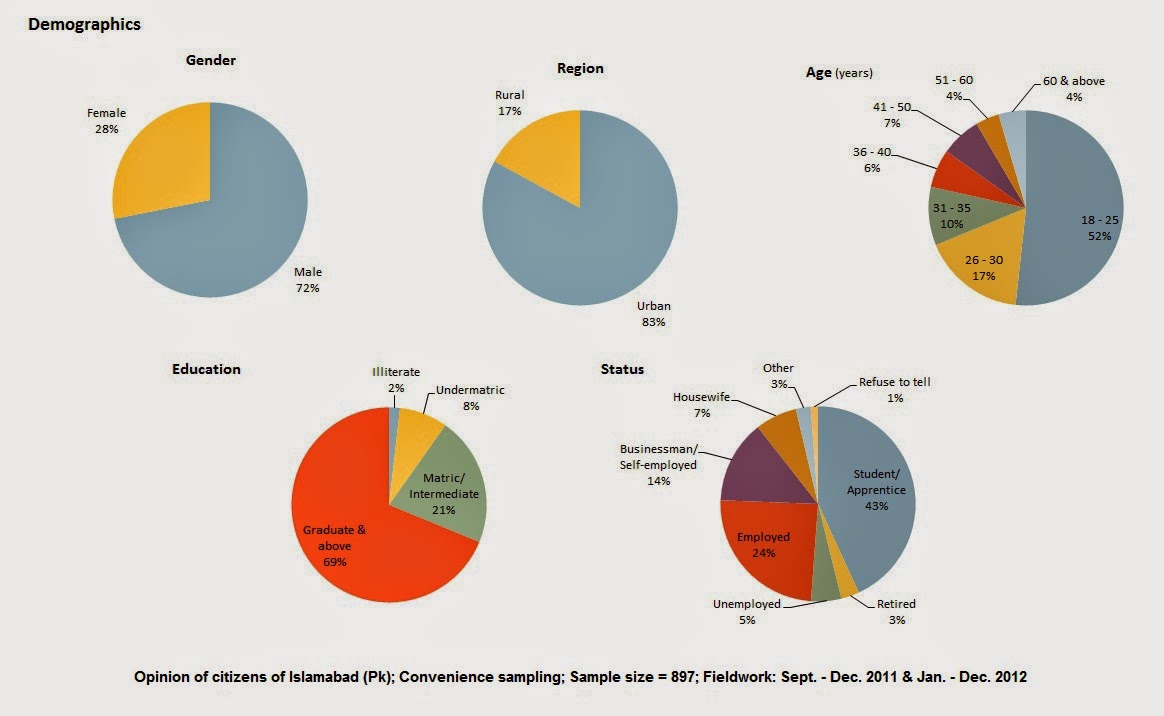October 27, 2012
"Pakistan has been pursuing the [
Peace Pipeline]
Iran-Pakistan (IP) Gas Pipeline Project and the
Turkmenistan-Afghanistan-Pakistan-India (TAPI) Gas Pipeline Project to
overcome the energy crisis in the country. However, pressure from the
US on dealings with Iran have put projects with Pakistan’s western
neighbour under a cloud." (APP, September 04, 2012, Published in The
Express Tribune).
"The dark side is that TAPI provides a cover for the Americans to
maintain a potent military presence in Afghanistan, though for other
strategic reasons. Both India and Pakistan are energy starved countries
and need gas urgently from whatever source it comes.
Washington’s support implies that TAPI will attract the financiers
more promptly. However, the overriding American objective to promote
TAPI is to ensure that the IPI [Iran-Pakistan-India] project is
effectively killed. America has a history of bulldozing economically
unpopular projects in exchange for politico-strategic gains....
...
The tussle over the IPI and the TAPI is
not a mere economic
battle; it has far-reaching geopolitical dimensions. The IPI and TAPI
are symbols of the ‘new great game’ - the main goal of which is gaining
control of oil and gas reserves in this region. The US and its allies
want Pakistan to abdicate the IPI and pursue the TAPI only; India has
already done so. Now, China and Russia are supporting Pakistan to
withstand the US pressure for giving up the IP project." (
Khalid Iqbal, 'IPI and TAPI: the peace pipelines', The Nation, May 14, 2012).
"...two-day rally [
Peace March was] organized by
Imran Khan, the sportsman-turn-politician who has become a top critic
of American drone strikes in Pakistan, saying they have killed many
innocent civilians.
...
...the recent study at Stanford and New York University titled
‘Living Under Drones’ proves US drone strikes do little to make the US
safer. The study claimed that only 2 per cent of drone strike
casualties in Pakistan are top militants, and that the large number of
resultant civilian deaths turn ordinary Pakistanis against the US.
The study also revealed that number of casualties among Pakistani civilians was far higher than the US acknowledged.
According to the Bureau of Investigative Journalism, from June 2004
till mid-September 2012, between 2,562 and 3,325 people were killed in
drone strikes Pakistan, mostly in the North Waziristan region. Some
474 to 881 of those killed were civilians, including 176 children.
Another 1,300 were wounded." ('Pakistan forces halt anti-US drone march
to S. Waziristan', RT, October 07, 2012).
"The timing of the attack on Malala Yousafzai on October 9 just one
day after the PTI march against drone attacks is most intriguing. The
attention of the world to the cruelties and barbaric bombardment of
innocent civilians in FATA as revealed by the participation of 32
Americans and several British in the PTI march, its coverage by the BBC
and the denunciation of drone attacks by the visiting Russian foreign
minister, editorials against drone attacks in the Financial Times and
other newspapers reveal the global attention that US crimes against the
people of Pakistan were getting. It is also intriguing to note that
after the attack on Malala Yousafzai the casualties from drone attacks
increased to 18 and 27 the day before and yesterday respectively. This
precious loss of life and the crimes against humanity committed by the
US against these innocents is now not drawing any attention in the
international media."
...
"This time around the civil society, media, civilian government, the army, etc appeared
very well organized against the cowardly attack on Malala in a matter of just 24 hours. And almost immediately Barak Obama who has been ordering the murder of innocent Pakistani civilians on a daily basis and Hilary Clinton were ready with their statements condemning the barbarity.
...
The immediate and well organized reaction of the media, civil
society, UN Secretary General, the highest political office in
Washington, the singers, etc, convey the impression that they were
ready for the situation 'even before' the poor child was attacked." (
Shahida Wizarat, 'Why Malala Yousafzai was attacked?', The Frontier Post, October 14, 2012).
"Tensions are running high between Pakistan and the US over the latter’s drone attacks on the majority-Islamic nation.
Washington
insists that its airstrikes, part of the US “War on Terror” campaign
seeking to defeat Taliban and Al-Qaeda militants crossing the
Afghanistan border, are very precise." ('Pakistan forces halt anti-US
drone march to S. Waziristan', RT, October 07, 2012).
In Muslim countries, West intervene in their state affairs because
of their interest in natural resources of the region. US has been using
Pk-land for secret intelligence operations; there are several US
military bases in Afghanistan and Pakistan. To justify its
counter-terrorism programs,
Washington increases its covert
support to the 'terrorists'. The ongoing insurgency in the region is a
clue of a 'different situation coming ahead for people of Pakistan.




